CAP talks look set to be concluded in the coming hours, after negotiators struck a compromise around the most contentious elements of the reform.
There had been disagreements between MEPs in the European Parliament and the Portuguese presidency of the European Council on the redistribution of farm payments and the budget for eco schemes.
On Friday morning, European Commissioner for Agriculture Janusz Wojciechowski said a compromise was “very close, closer than ever”.
Council president Maria do Céu Antunes said there was an expectation that “constructive steps will be taken towards a political agreement”.
If such an agreement is achieved, Minister Antunes will meet with agricultural ministers early next week to seek their seal of approval.
Convergence
In a compromise package tabled on Thursday night, the rate of convergence was set at 85% of the national average.
This will see all Irish entitlements reach a value of at least €225/ha by 2026 at the latest, with cuts for farmers above the average to fund increases for those below.
The new reforms are set to come into force from January 2023.
In the previous CAP, the maximum cut for any one farmer through convergence was limited to 30%. However, reaching the 85% target will take precedence over the maximum decrease this time around.
The European Parliament had pushed for 100% convergence, but it will now be left to member states to decide if they wish to go beyond the 85% minimum.
Eco schemes
One quarter of the direct payment budget has been ringfenced for eco schemes.
All direct payments will receive a linear cut to fund these schemes, with farmers then paid to carry out climate and environmental actions.
Eco schemes will be optional for farmers and to ensure unspent funds are not lost, there will be a learning period in 2023 and 2024.
During the learning period, member states will be expected to reach a ‘floor’ of 20%, which in Ireland’s case would require farmers to draw down at least €240m from a €300m fund.
Any unspent funds above the 20% floor can be transferred to other spending areas, such as direct payments.
If the floor is not reached, member states can still use the money in different areas, but will be expected to compensate the difference in later years.
This could be done through a higher budget for eco schemes or through agri-environmental schemes such as GLAS or REPS.
Front loading
There will be a mandatory requirement on all member states to provide a redistributive payment of at least 10% of the direct payment budget, equal to €120m in Ireland’s case.
This will primarily be achieved through top-up payments on the first hectares of a farm, known as front loading.
The capping of payments can be used to create this fund, but a linear cut may also be required to reach the 10% in Ireland’s case, as there are few large payments.
Ireland could also seek an exemption if it can demonstrate that redistributive needs are met through other instruments, such as convergence.




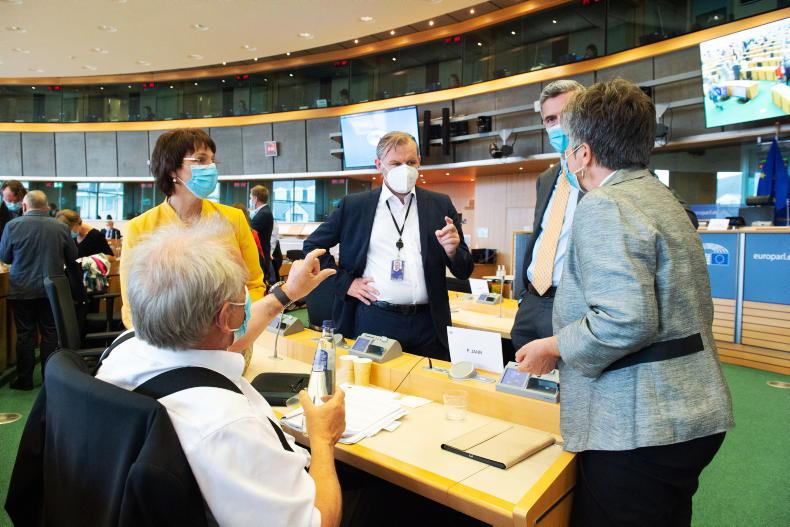
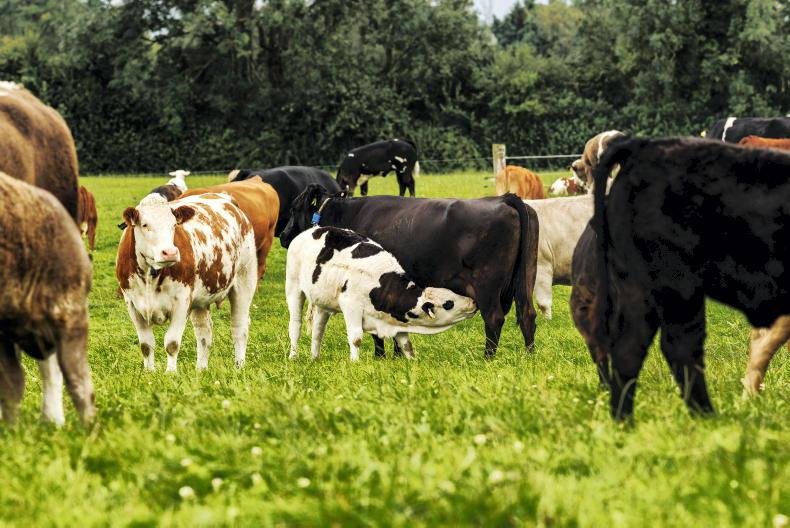

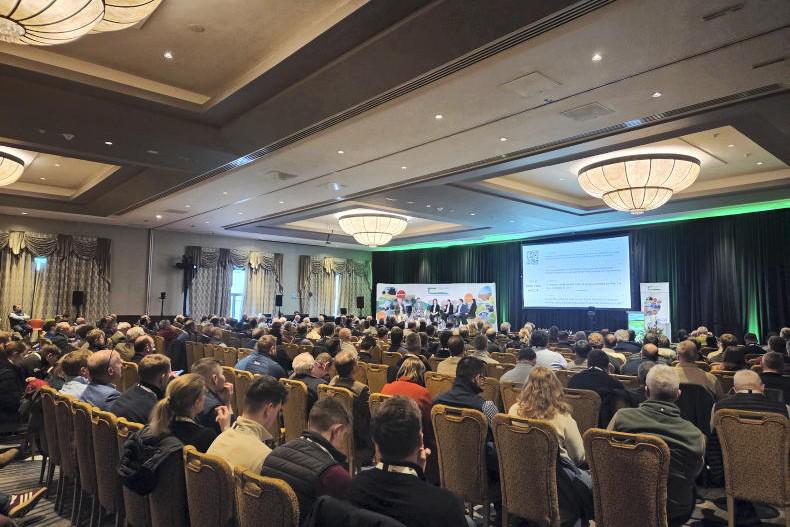
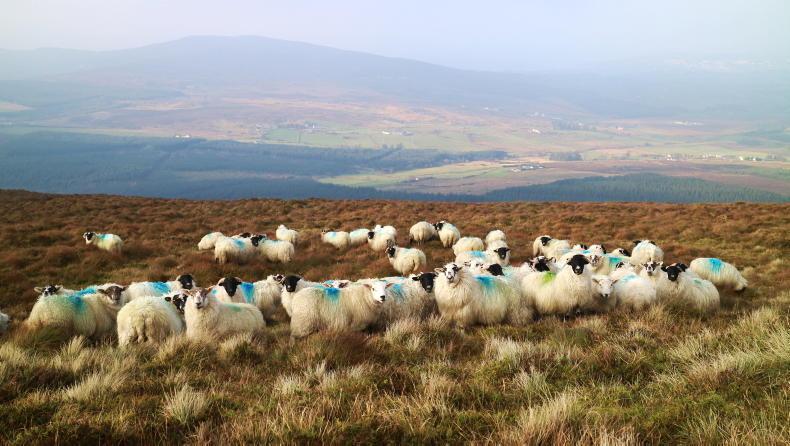
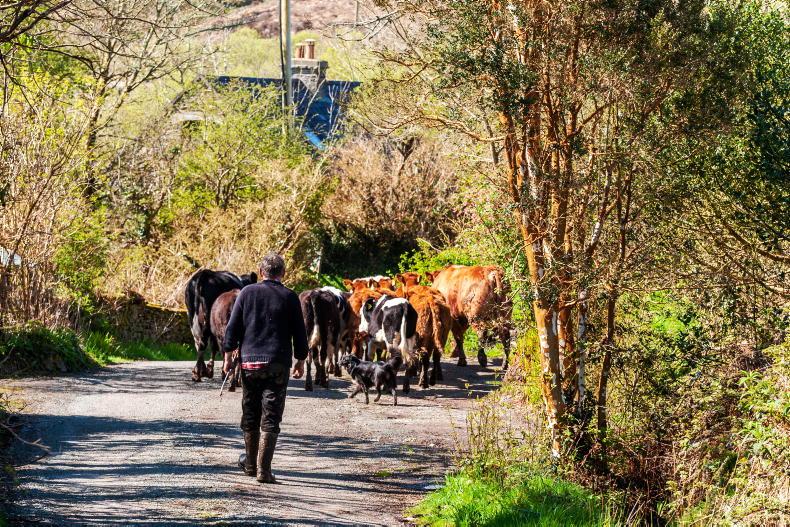
SHARING OPTIONS